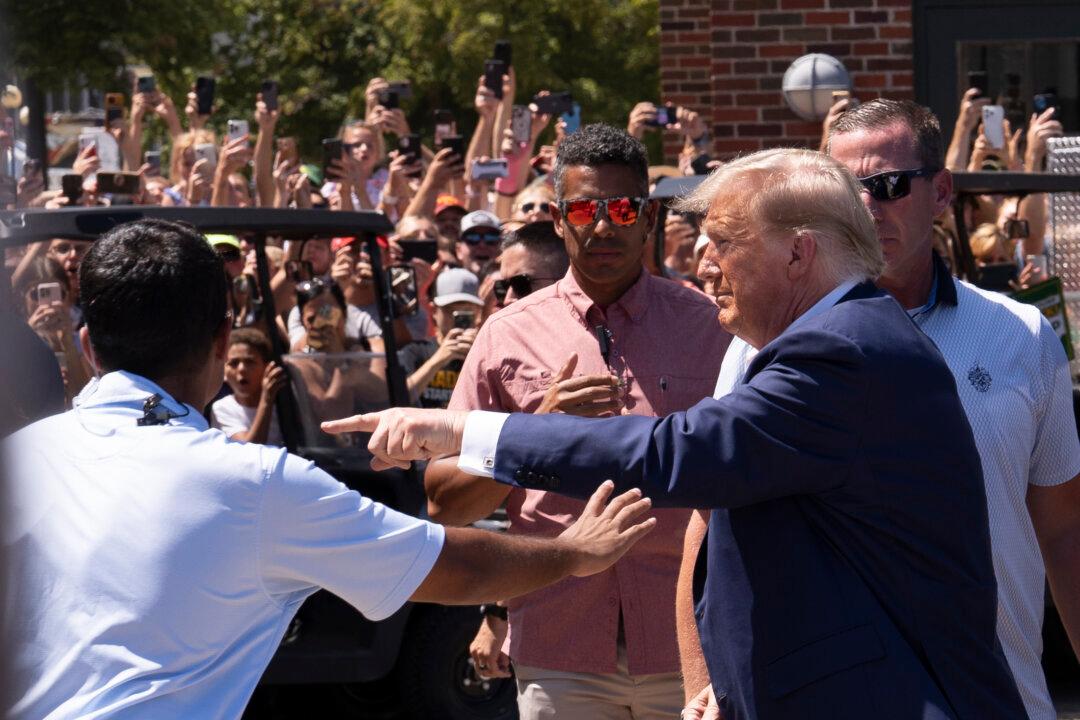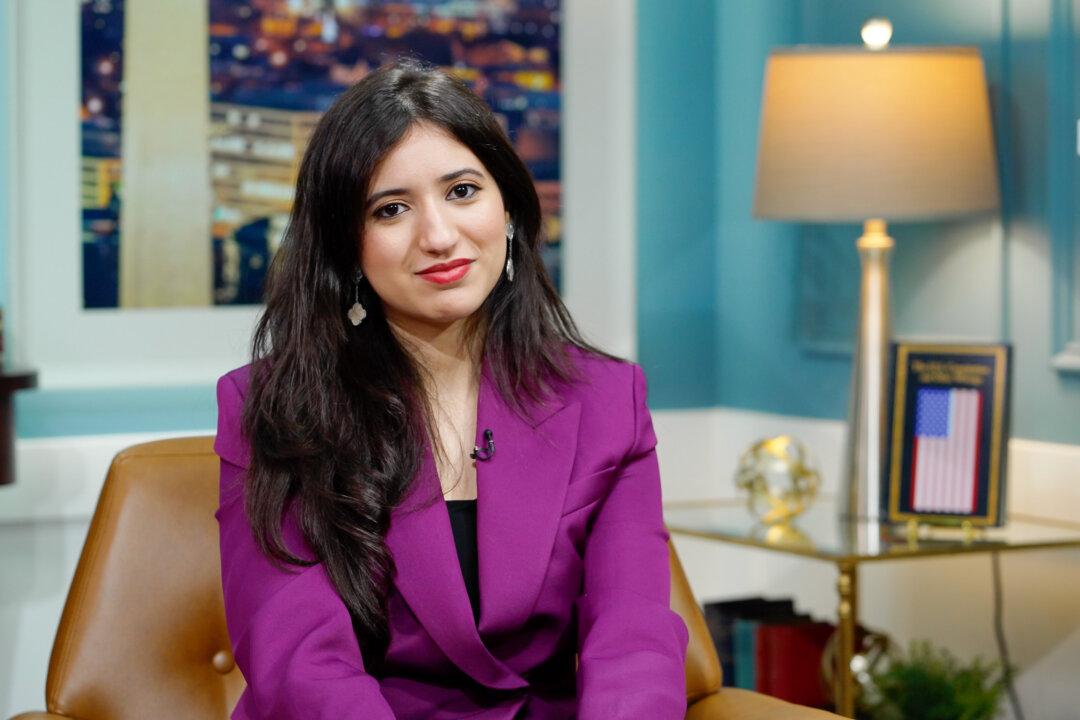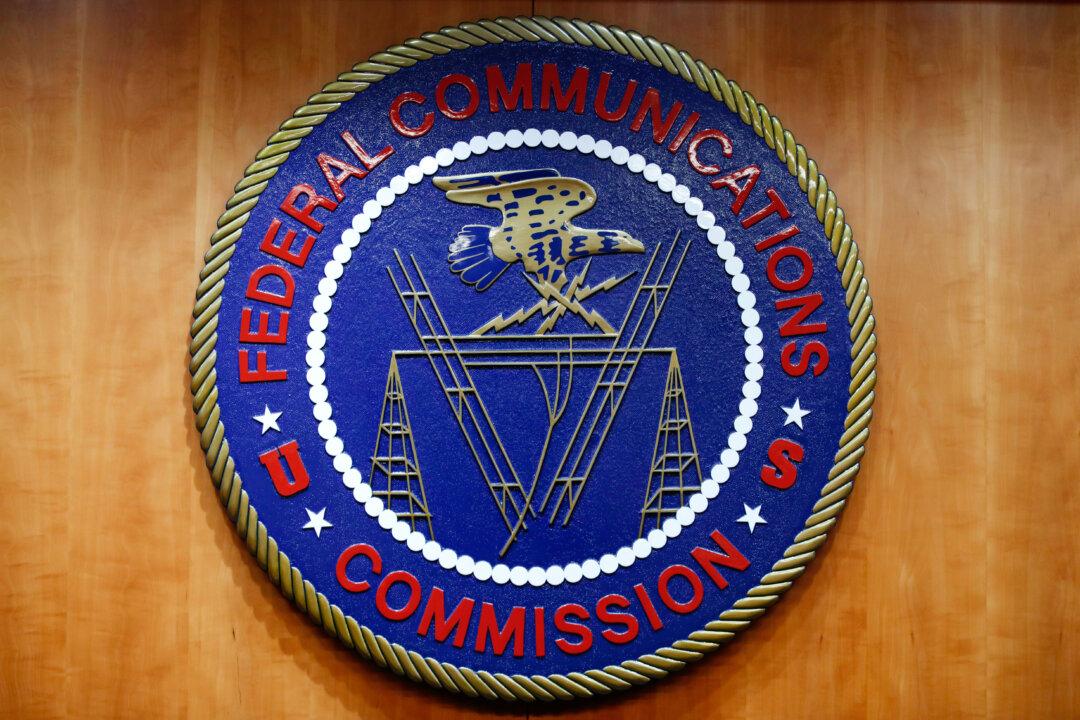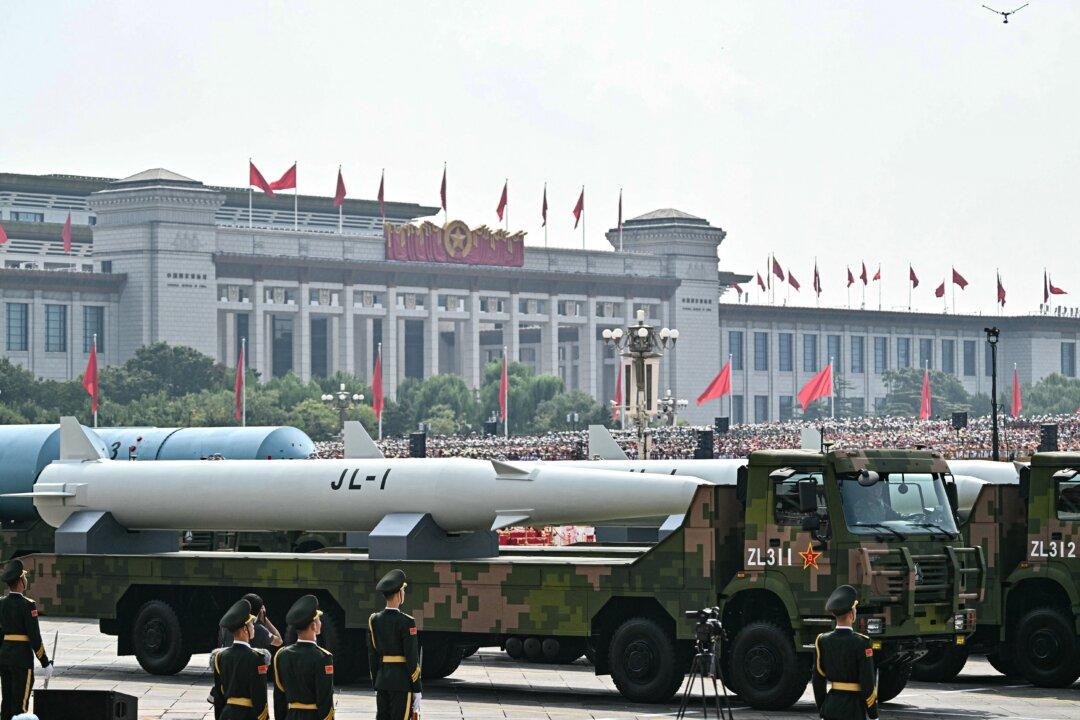The Justice Department (DOJ) is appointing a classified information security officer (CISO) in the case special counsel Jack Smith has brought against former President Donald Trump over his efforts to challenge the 2020 election results.
Information Security Officer Will Be Appointed in Trump Election Case
The DOJ is appointing a classified information security officer in the case special counsel Jack Smith has brought against former President Donald Trump.

Former President Donald Trump arrives at the Iowa State Fair in Des Moines, Iowa, on Aug. 12, 2023. Madalina Vasiliu/The Epoch Times




